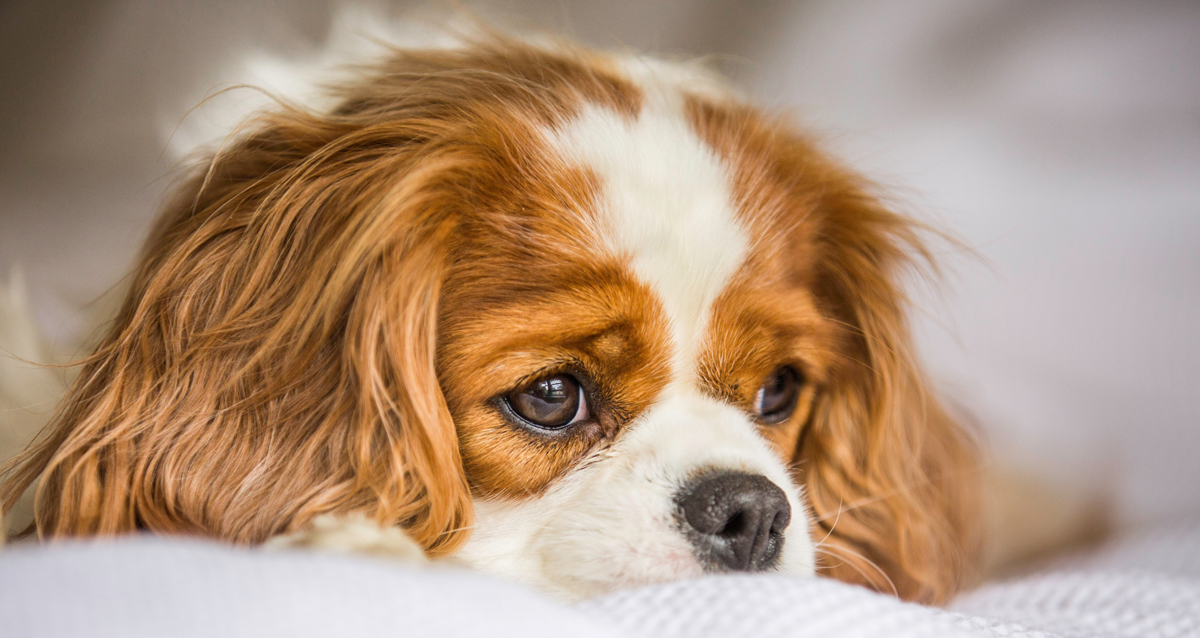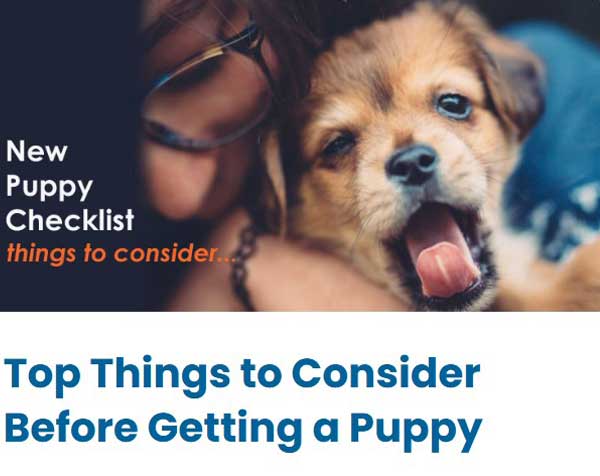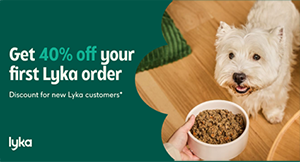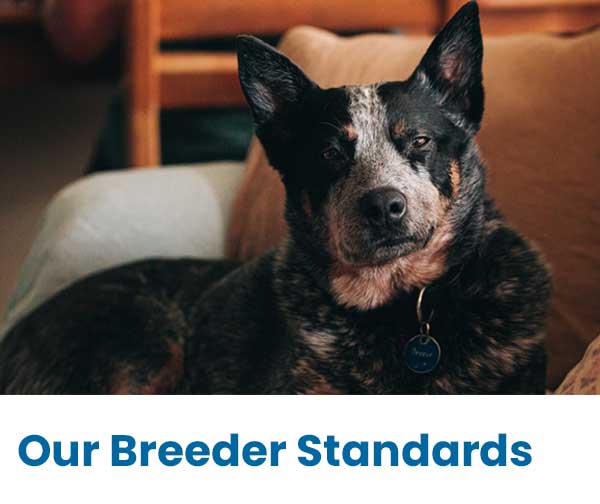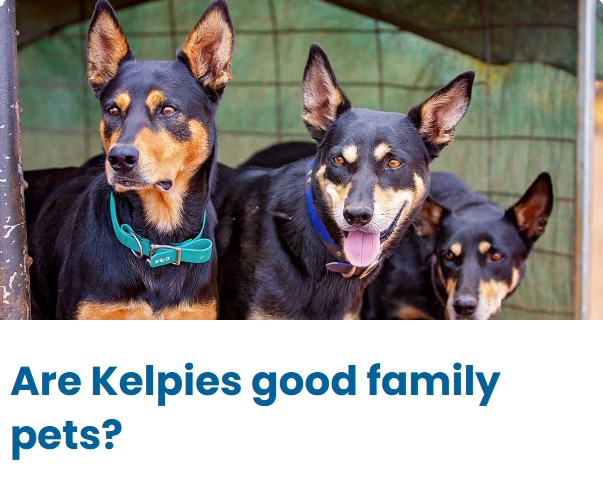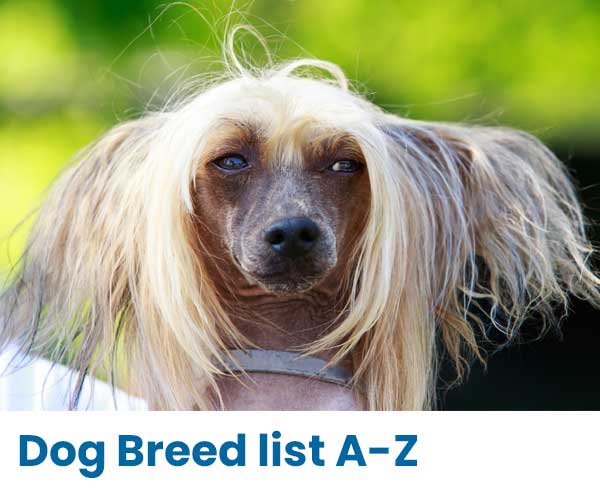Cavalier King Charles Spaniel breed guide
One of the world's favourite companion dogs, Cavalier King Charles Spaniels are sweet little dogs that have had centuries of experience in sitting on laps and sleeping on couches and beds.
Cavvies are the perfect companion for people of all ages, and with the right upbringing they are obedient and gentle. They love the kiddies and make fantastic family pets for those with gentle children. This breed is dependent on human company and are also an excellent choice for retirees or people who work from home.
Cavaliers are prone to a number of serious health issues that anyone considering this breed should be aware of. Please read our information below about the potential health issues that can affect Cavalier King Charles Spaniels, and ensure that you talk to breeders about their health testing standards and procedures.
Recommended first dog for anyone committed and caring who is able to afford the health maintenance imposts that may come with this breed.
Cavaliers are eager to please and get along well with small children and other pets. They are easy to train and respond well to treats, but can easily become overweight if not exercised regularly. While Cavaliers don’t require a lot of exercise, they do require a balance between diet and exercise in order to maintain a healthy weight. Cavaliers have a higher than average risk of health problems and for this reason are costly to insure. While cavaliers are in general quite low maintenance dogs, they enjoy human company and can become anxious if left alone for extended periods of time.
Guard dog potential: 1/10. While a Cavalier may alert to strangers by barking, they are very unlikely to show aggression and due to their size will not act as a deterrent.
Shed Factor: 3/10. Cavaliers are a medium shedding dog whose coats only require grooming 1 - 2 times weekly.
Aggression: 1/10. Cavaliers are very unlikely to show aggression to humans or other animals.
Training potential: 7/10. Cavaliers tend to be easy to train and pick up basic commands and house training quickly. Although they are easy to train, they may find it difficult to maintain interest and motivation with more difficult obedience tasks or with longer training sessions.
Size: Small - 5.4 to 8.2kgs in weight; 30-33cm in height.
Life Expectancy: 9-14 years
Temperament: Affectionate, docile
The ideal owner for a Cavalier King Charles Spaniel
Cavaliers thrive off praise, affection, and company. The ideal home for a Cavalier would be one where someone works from home or is retired so that they are not left alone for long periods of time. Cavaliers are perfect for seniors or families with children. They do not require a very active lifestyle but in mild weather will be able to keep up on long walks and with active children.
How much space and exercise does a Cavalier King Charles Spaniel need?
Cavaliers are a very adaptable breed. They do not require a lot of space or a lot of exercise, but will happily take advantage of what they are given. Cavaliers can live comfortably in apartment buildings, but will also enjoy playing in a yard with other dogs. Cavaliers will happily laze around home with their owners and don't tend to become energetic or boisterous in the house, but will also surprise with their amount of energy and stamina when let outside to play, or when taken out on walks. Although all dogs should have secure fencing to keep them safe, Cavaliers are unlikely to dig holes or try to fit through gaps or jump over fences to escape. They do however need to be walked on lead, as they have a natural tendency to explore and chase after new scents.
Choosing a reputable Cavalier breeder
If you want a happy, healthy puppy, choosing a reputable breeder is of utmost importance. The CKCSC Victoria has excellent advice and recommends that you find an ANKC registered, serious hobby breeder who regards their dogs as more than a hobby, and does not expect to make a profit. When a breeder is involved with dogs for the enjoyment of each individual, to participate in any of the many aspects of "dog activities", and for the challenge of producing the finest animals possible, the result is superior. These breeders also take responsibility for each and every puppy, and will stand behind every dog they have bred. It is not uncommon for poor quality puppies from pet shops and backyard breeders to be sold for the same price, or more, than those purchased from the serious hobby breeder.
Potential health issues in Cavalier King Charles Spaniels
Cavaliers are prone to a number of health issues. The most common health problem found in Cavaliers is Mitral Valve Disease (MVD) and ends up being the cause of death for more than 50% of Cavaliers. The earliest sign of MVD is a heart murmur, which most Cavaliers have by age 5. MVD tends to worsen with age and often leads to heart failure, even in young Cavaliers. The Cavalier King Charles Spaniel Club of NSW has a heart register for cavaliers that hold a clear heart certificate over the age of 5. Listing on the register is voluntary and open to all Cavalier owners.
Other potential health issues include loose kneecaps (patellar luxation), entropion and other eye problems, hip dysplasia, dental issues leading to loss of teeth, and syringomelia.
Syringomelia, which can occur in a number of breeds, is a very serious condition originating in the spinal cord which can cause severe and debilitating pain. The only accurate way of diagnosing Syringomelia is with MRI scanning which is not available in all parts of Australia. Where MRI scanning is available, a growing number of breeders now have their dogs scanned for the presence of SM by a specialist neurologist vet. Dogs should be scanned when mature or before being used for breeding. This gives the breeder information that will assist in planning suitable matings. MRI scanning to screen for SM in non symptomatic breeding dogs is available in Sydney. Contact Janine Gilroy, 02 4683 3503 for details and CKCS Club NSW for more information on syringomelia including symptoms and treatment.
The CKCSC Victoria points out that while it is not compulsory to health test dogs, most serious breeders ensure they are making the right decisions when breeding with their dogs. Because most of the health issues faced by Cavaliers are inherited, it is particularly important that you ensure the breeder you are talking to is taking all necessary precautions to breed out these conditions.
Pet shops, puppy dealers & backyard breeders
Pet shops and puppy dealers sell puppies purely for profit with little or no effort put into gaining knowledge of the breed and what the possible health problems are. They often say there are no health issues and there is nothing to be concerned about.
Backyard Breeders are often people who own a pet Cavalier and decide it would be "fun" to have puppies, and that it would be a great experience for the children, or that females should be bred once before they're desexed. There is rarely any knowledge of the breed or breeding, the potential health issues, or the checks that are necessary - like the annual mitral valve disease checks and eye examinations that reputable breeders are aware of. See more advice here - The CKCSC Victoria
The CKCSC NSW conducts regular health checks on Cavaliers, for members and the general public, check their website for the latest news and information on the next clinics.
Fun Facts about Cavalier King Charles Spaniels
Cavalier King Charles Spaniels tend to be docile and affectionate dogs, so much so that it's said they were once prescribed by doctors as comfort dogs for mental health issues, as well as body warmers to treat the common cold.
They were named after King Charles II, who adored his dogs so much that he wrote in decree that Cavalier King Charles Spaniels were allowed in public spaces, Houses of Parliament, and other areas off limits to other dogs and animals.
From as early as the 16th century, they were used throughout Europe as ladies' lap warmers on carriage rides.
Cavalier King Charles Spaniel FAQ's
How much does a Cavalier King Charles cost?
Cavaliers are not cheap to buy or to keep. The cost for a puppy runs between $1,800 - $3,500. The possibility of health problems, and therefore large vet bills, must be taken into account when considering the potential costs of buying and owning a Cavalier.
Do Cavalier King Charles Spaniels make good pets?
Cavaliers make great companion animals and were bred to be the ideal lap dog.
Are Cavalier King Charles Spaniels affectionate?
Cavaliers are very affectionate and also very tolerant with the affections of others, including children.
Do Cavalier King Charles Spaniels get on with other pets?
Yes, Cavaliers are a very easygoing breed and tend to get along well with other pets.
Do Cavaliers bark a lot?
Cavaliers tend to bark and whine when home alone as they are quite dependent and become anxious and lonely. If you do have to leave your Cavalier frequently or for extended periods of time, it's best to leave them with another doggy friend to keep them company, as well as ensure they have doggy door access to inside the home.
If you are a small scale ANKC registered breeder and would like to be listed here, just contact us or follow a few simple steps to add your details yourself.
We welcome helpful comments and contributions to information about this breed by email

